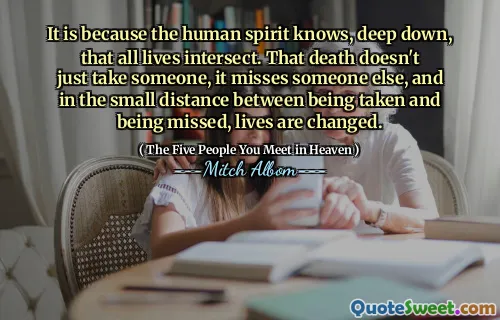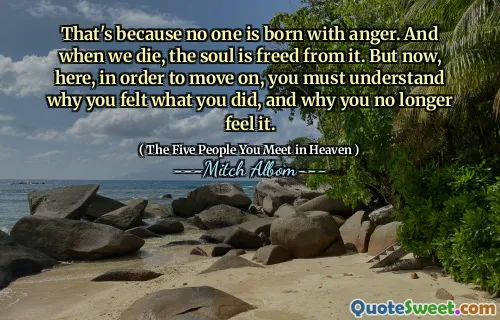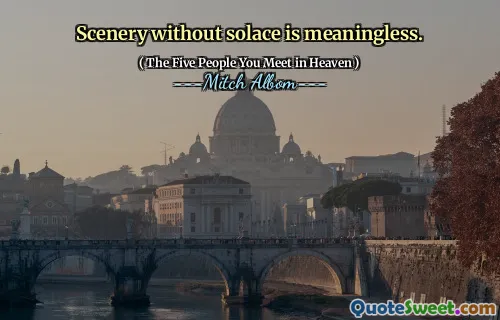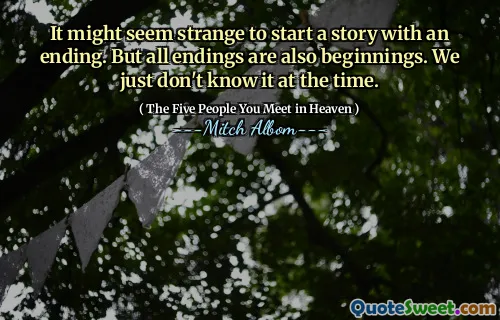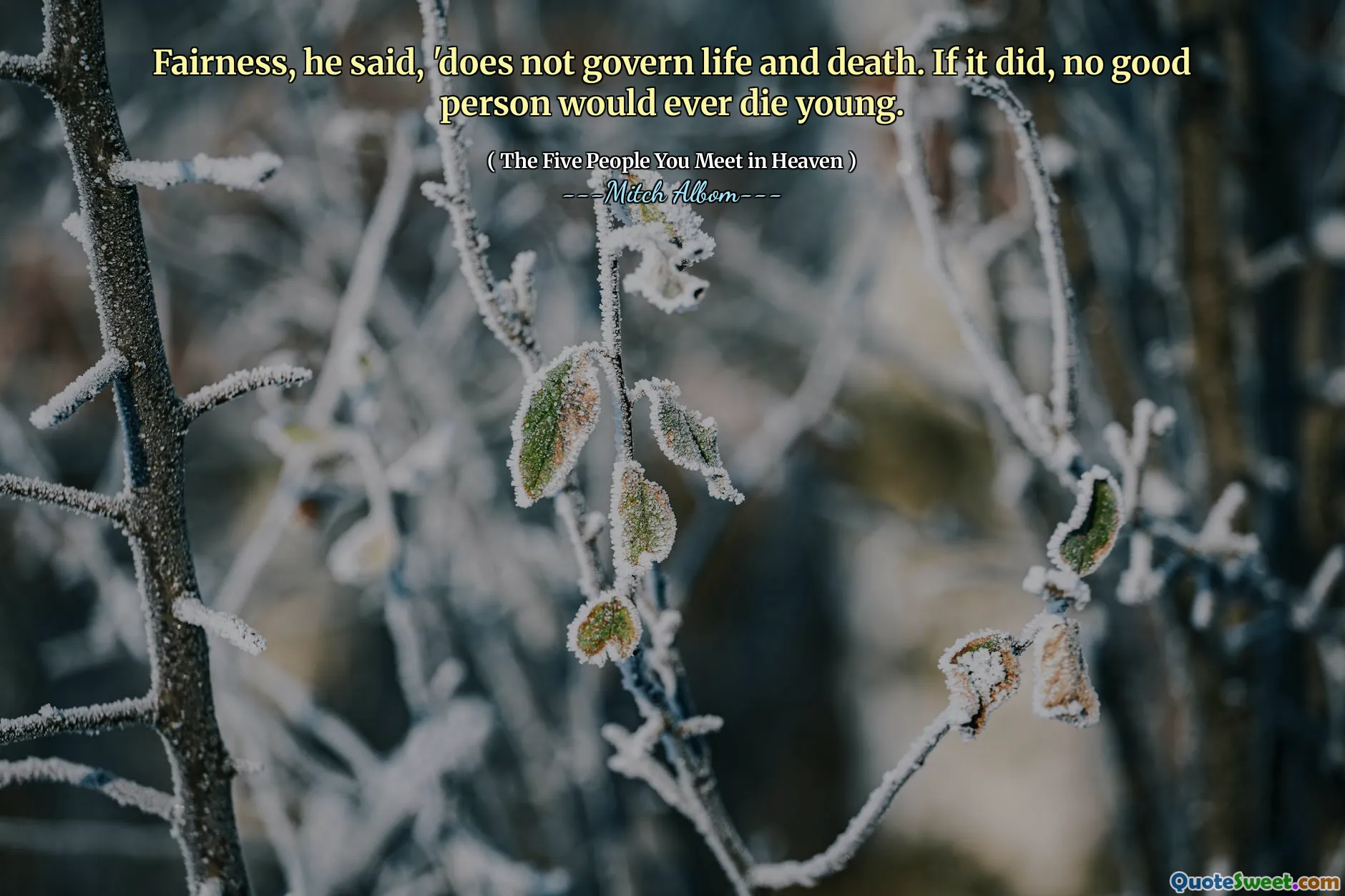
Fairness, he said, 'does not govern life and death. If it did, no good person would ever die young.
This quote offers a profound reflection on the nature of fairness and the randomness inherent in life and death. Often, humans perceive life as a series of achievements and failures balanced against the concept of justice—what happens to a person is supposed to be a direct consequence of their actions. However, the reality of life is far more complex and unpredictable. The idea that fairness does not govern life and death speaks to the often arbitrary nature of these events. Despite our moral standards and efforts to lead good lives, death can come unexpectedly and unjustly, regardless of goodness or virtue. This realization can invoke feelings of existential despair, questioning about fairness and the meaning of morality in a universe that does not always reward virtue or punishes vice in predictable ways. Yet, beneath this discomfort, there's a call to accept life as it comes, embracing the unpredictability with grace rather than frustration. It pushes us to cherish each moment and to recognize that moral righteousness, while important, does not offer guarantees against suffering or loss. The quote also invites us to consider what truly matters—relationships, kindness, and love—since these often hold more significance than the pursuit of fairness in a universe indifferent to human moral expectations. It reminds us that life’s inherent unfairness is part of its mystery and beauty, urging us to find meaning beyond the superficial measures of justice. Accepting this truth may grant us a deeper appreciation of life’s fleeting nature, inspiring us to live with more compassion and humility.


